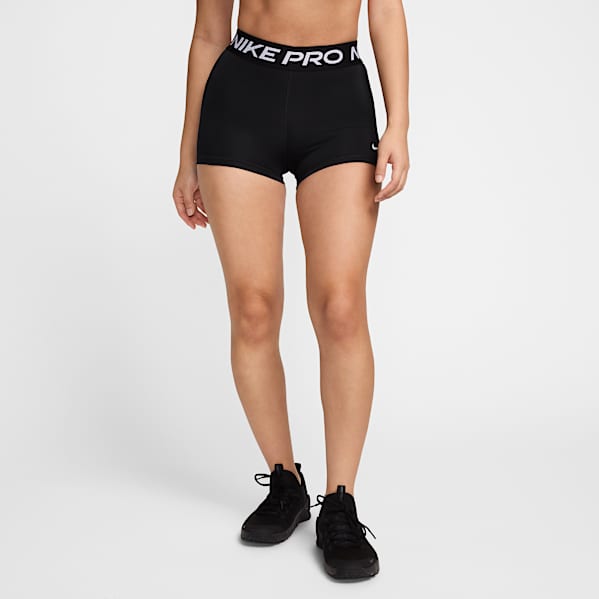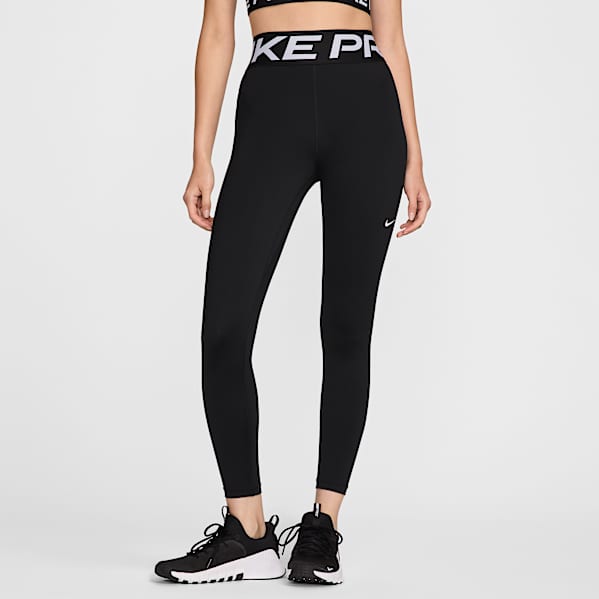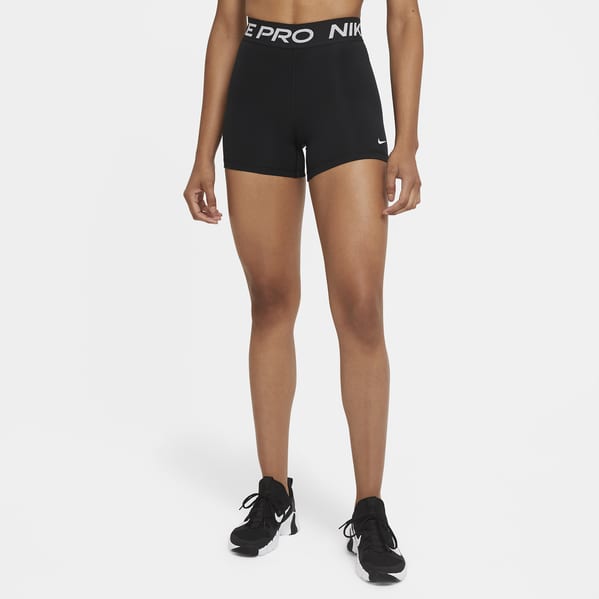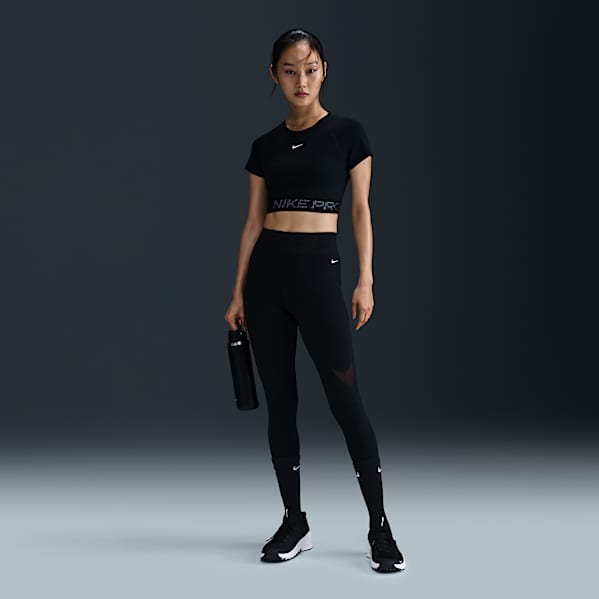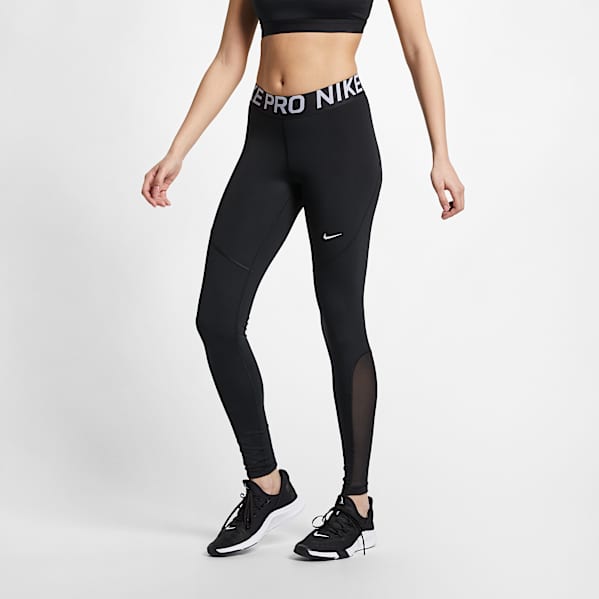On Your Period? No Problem — Here’s How You Can Crush Your Workout
Health & Wellness
When that time of the month hits, working out can lose its appeal. But getting active regulates the hormones responsible for PMS, helping you feel and function at your best.
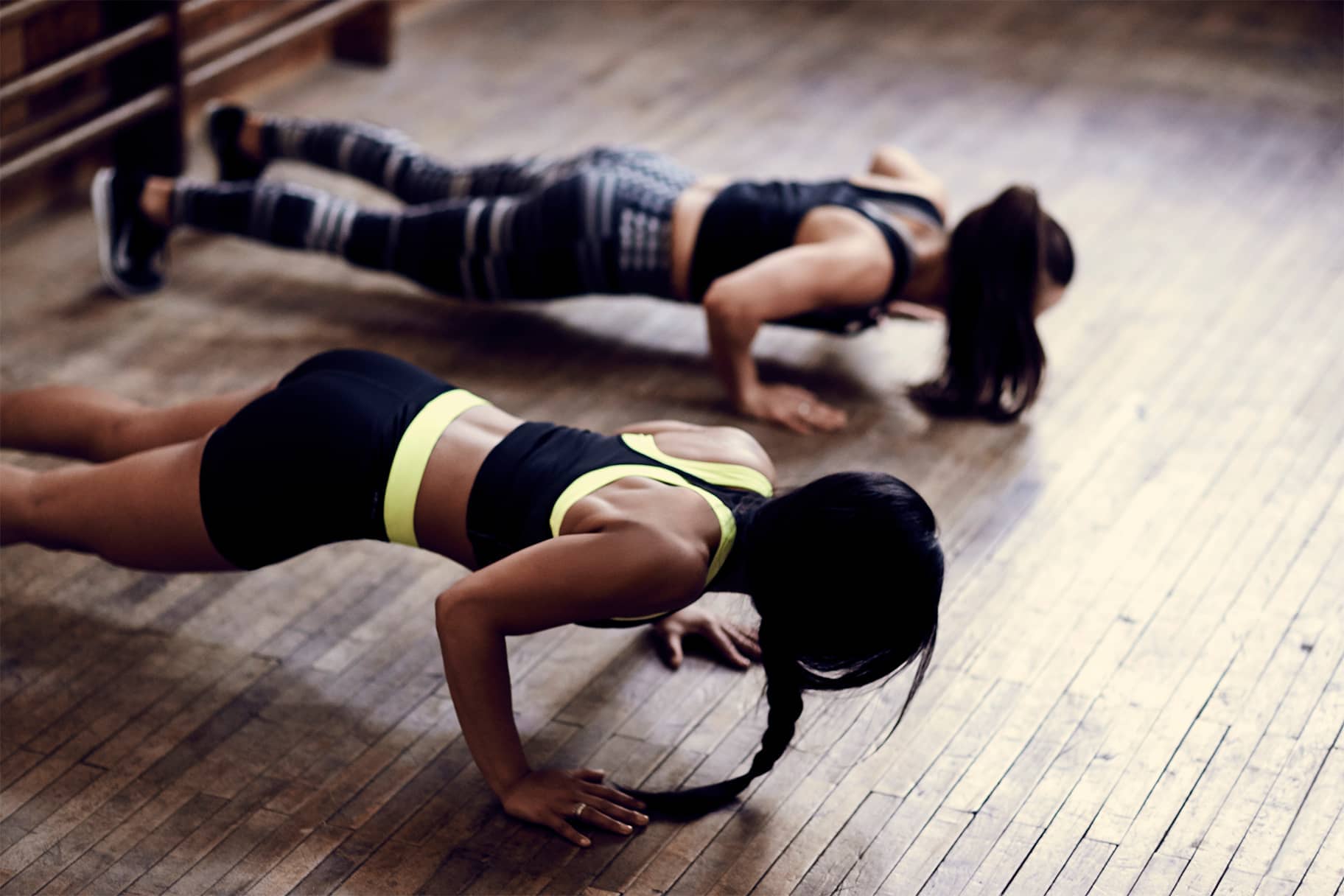
Exercise is almost always a good idea, as it’s a healthy way to release some energy and have a little fun, all while getting a rush of endorphins.
However for some people, when that time of the month hits, working out can lose its appeal. Sometimes all you want to do is put on some comfy clothes and relax. Well, if that sounds like you, know that you’re not alone.
But exercising during your period can help alleviate painful cramps, plus give you a boost of those feel-good hormones. Even if you don’t feel like doing it, a workout can make you feel better — physically and mentally.
Now, that doesn’t mean you have to strive to hit personal records or do high-intensity interval training (HIIT). Some light cardio, yoga, or moderate-intensity weight lifting might be all you need. Here are some tips to help you exercise — and enjoy doing it — while you’re on your period.
Why Is It Harder to Exercise on Your Period?
One word: hormones. Throughout your menstrual cycle, there are a number of hormonal changes that occur. And hormonal fluctuations are most extreme in the days leading up to your period as well as during the first few days of menstruation. Two hormones in particular, progesterone and estrogen, are responsible for regulating the menstrual cycle.
When your period arrives, progesterone and estrogen levels are at their lowest. In part, this can make you feel tired and lethargic, and may also be a cause for temporary decreased strength and motivation. Interestingly, estrogen can have a bad rap in the fitness world, oftentimes viewed as a hormone that increases fat storage and causes moodiness. While there’s some truth to that, it’s also important to note that estrogen is an anabolic, growth-like hormone, playing a role in muscle growth and quality. Research also suggests that estrogen aids in muscle recovery after exercise.
What Are the Benefits of Exercise During Your Period?
If you’re susceptible to premenstrual syndrome (PMS) symptoms, exercise can be an effective remedy. When you exercise, you increase the levels of specific neurotransmitters — including endorphins, dopamine, serotonin, and norepinephrine — that are associated with boosting feelings of happiness and calmness.
Endorphins, for example, act on something called the opiate receptors in our brains to help reduce the perception of pain and, instead, boost feelings of happiness and well-being. Research has demonstrated that exercise allows for the release of endorphins. So if you struggle with mood or painful cramps while on your period, exercise can make you feel better at a biochemical level.
The findings from one study suggest that exercising for just 45 to 60 minutes, at least three times a week, during menstruation may provide a significant reduction in dysmenorrhea, aka severe pain from period cramps.
Estrogen influences the production of certain neurotransmitters, particularly serotonin and dopamine. Because estrogen is at its lowest at the beginning of your cycle, these essential chemical messengers are reduced.
Remember, serotonin and dopamine have both been linked to having positive effects on your mood. However, exercise can help boost those feel-good chemicals, as it leads to a release of both serotonin and dopamine, counteracting the effects of low estrogen.
Another key benefit: when you get your heart rate up during exercise, you increase blood flow to the brain. This can help to lift brain fog, a common period symptom. Doing this first thing in the morning can clear the fog, setting you up better for a productive day.
In addition to the biochemical benefits, exercising during your period can make you feel better for other reasons. Sometimes when you’re experiencing period-related symptoms, getting out of the house and moving your body can be a good distraction. Consider taking a break from whatever you’re doing to get outside for a walk, while listening to some music or an uplifting podcast. You’ll notice this will help fight fatigue and boost energy levels.
If it’s particularly hard for you to find motivation during your period, try working out with a friend. It’s easy to let your period derail your workout plans, so adjust them and find ways to make it enjoyable instead of skipping them altogether.
Downloading an app with workouts created and led by experts can also help increase motivation.

How to Do Exercise on Your Period
Adjusting your exercise routine for the few days of your period can help you stay on track. It’ll also allow you to still enjoy the benefits of exercise without feeling like you’re pushing your body over the edge.
1.Reduce the Intensity
You might be used to sweaty workouts that push your heart rate to its limits. But during your period, your fatigue takes over. Instead of skipping it altogether, try a moderate-intensity workout. You’re still getting your heart rate up and blood circulation going, but you’re working with your body’s current needs.
2.Try Something New
If HIIT or weight lifting is hard for you during that time of the month, try something new. For example, try a new yoga practice or go for a relaxing run or walk? Don’t feel obligated to stick to your routine when your body is demanding something else. Plus, you might find something new that you didn’t know you enjoy!
3.Hydrate Your Body
When estrogen and progesterone decrease at the time of menstruation, your body retains more water, which is what causes bloating. It may seem counterproductive, but increasing your water intake during your period can reduce fluid retention. Aim for at least 10, 8-ounce glasses of water per day to help combat the bloat.
Make sure to Add These 75 Foods to Your Diet to Reduce Bloating!4.Listen to Your Body
Some women struggle with severe PMS or primary dysmenorrhea. In this case, it’s crucial you listen to your body before engaging in a workout as well as during one. If that means skipping exercise on the first day of menstruation, that’s fine. Sometimes when you push yourself too much, it can have a negative effect on your body’s ability to recover. Always be sure to take the time to rest when you need it, and if your period symptoms are routinely intense, consider making an appointment with your OB-GYN.
Another tip? Wearing an outfit you feel comfortable and fashionable in can help increase your motivation levels as well. If your workout wardrobe could use a refresh, consider heading to Nike.com for some ideas.
